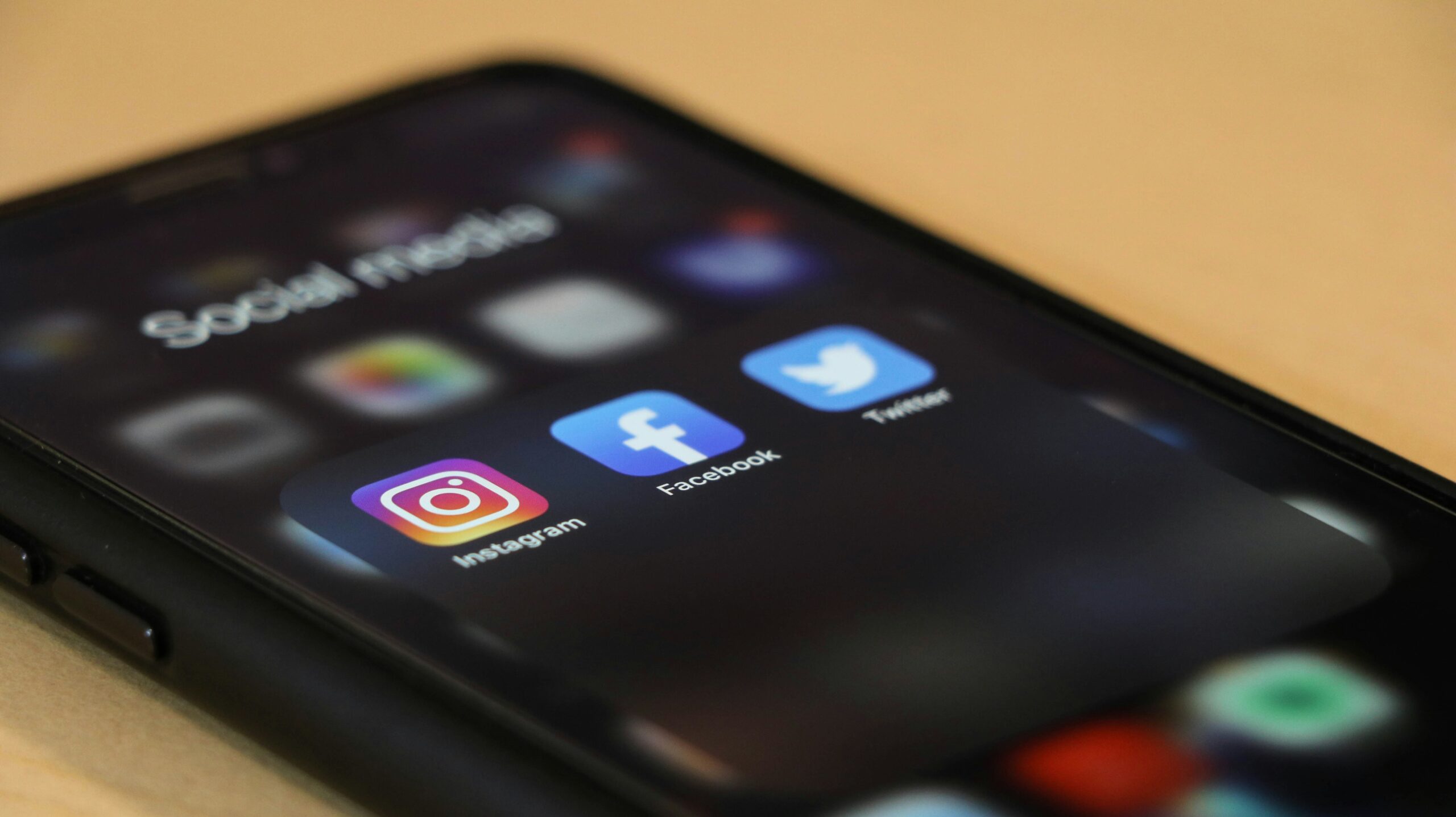
Australia is planning to impose a minimum age limit for children to access social media platforms like Facebook, Instagram, TikTok, and others, expected to be between 14 and 16 years, according to Prime Minister Anthony Albanese.
Announcing the decision, Albanese emphasized the need to reduce young people’s dependence on social media due to concerns about its harmful effects on mental and physical health. This legislation, set to be introduced by the end of 2024, would place Australia among the few nations attempting to regulate minors’ use of social platforms.
The government’s decision has sparked debate, with advocates warning that such restrictions may push youth towards unregulated, potentially harmful alternatives.
Albanese Aims to Shift Kids Away from Devices
Albanese stressed the need to encourage children to engage in real-world activities instead of spending time on devices. “We want them to have real experiences with real people because we know that social media is causing social harm,” he told Australian media. He highlighted the increasing evidence of the mental health consequences linked to social media use, particularly among young people, calling the issue a “scourge.”
Though the exact age limit remains undecided, the Prime Minister stated that his preference would be for children under 16 to be excluded from social media use. An age verification trial will be conducted in the coming months to test the feasibility of enforcing these restrictions.
However, experts and advocates have raised questions about whether this technology can reliably verify age without infringing on privacy rights. Toby Murray, associate professor at the University of Melbourne, pointed out that current methods of age verification are “too easy to circumvent” and pose privacy concerns.
Support and Criticism Emerge Over Social Media Ban
The proposed regulation has received mixed reactions from political figures and experts. Opposition leader Peter Dutton expressed support, highlighting the urgency of protecting young people from the dangers posed by social media. “Every day of delay leaves young kids vulnerable to the harms of social media,” Dutton said. He criticized tech companies for their inability to enforce existing age limits and welcomed the government’s intervention.
On the other hand, digital rights advocates and social media researchers have expressed concern over the potential unintended consequences of this legislation.
Daniel Angus, director of the Digital Media Research Centre at Queensland University of Technology, warned that the ban could drive younger users to unregulated, less safe platforms, further exposing them to risks. Angus criticized the move as a “knee-jerk” reaction that could harm young people by excluding them from healthy online participation.
Similarly, Samantha Schulz, a senior sociologist at the University of Adelaide, stated that regulating the behavior of young people does not address the root problem of social media platforms’ irresponsibility. “Social media is an unavoidable part of young people’s lives,” Schulz added, emphasizing that regulating the platforms themselves should be the priority.
Government Stands Firm Amidst Criticism
Despite these concerns, Albanese remains firm in his stance. The Prime Minister noted that parents across Australia have been demanding action against online bullying and the easy access to harmful content provided by social media platforms. In an interview, Albanese stated that social media companies “think they’re above everyone” and that his government is determined to hold them accountable for their lack of social responsibility.
Australia’s push for tighter regulation comes after a broader parliamentary inquiry into social media’s effects on society. The inquiry, which heard testimony on the impact of social media on teenagers’ mental health, has also raised concerns about the enforceability of age limits. Australia’s eSafety Commissioner, a regulatory body overseeing online safety, previously warned that such restrictions might limit young people’s access to critical support services, potentially driving them to less regulated areas of the internet.
Industry Groups Call for Caution
DIGI, the industry body representing social media companies, has urged the government to consider the input of mental health experts, the LGBTQIA+ community, and other marginalized groups before implementing the ban. They caution that excluding youth from mainstream platforms without offering viable alternatives may push them into unsafe, less visible parts of the internet.
Australia has been a key player in the global conversation around regulating social media platforms. Its online safety watchdog has frequently clashed with tech companies, including Elon Musk’s X platform (formerly known as Twitter), over content-related issues. Albanese’s government seems poised to continue pushing for reforms aimed at addressing the growing concerns around social media use and its societal impact.
Featured Image courtesy of dole777 on Unsplash
Follow us for more tech news updates.
